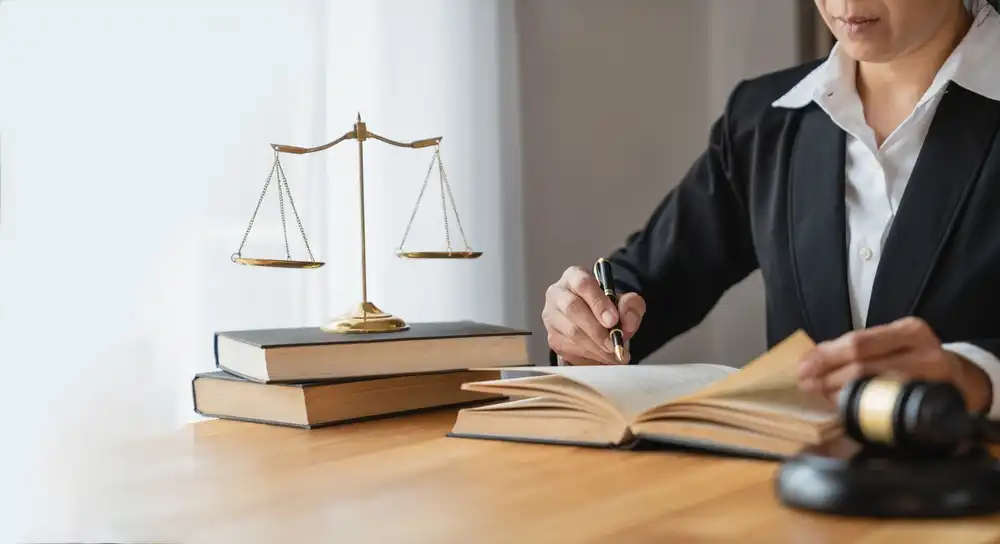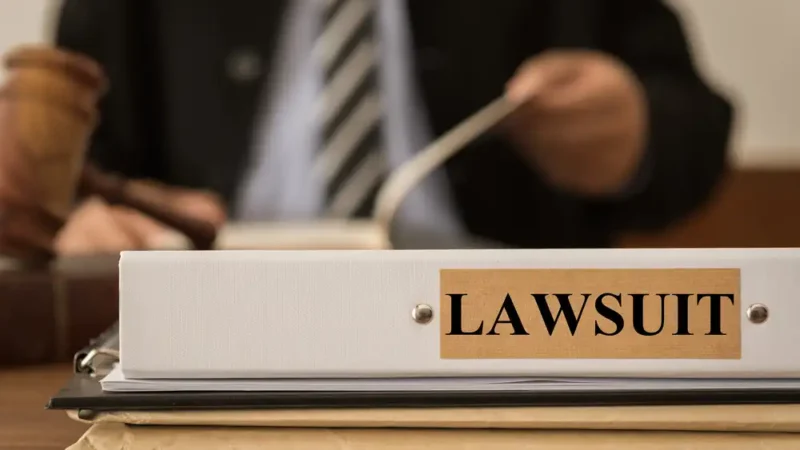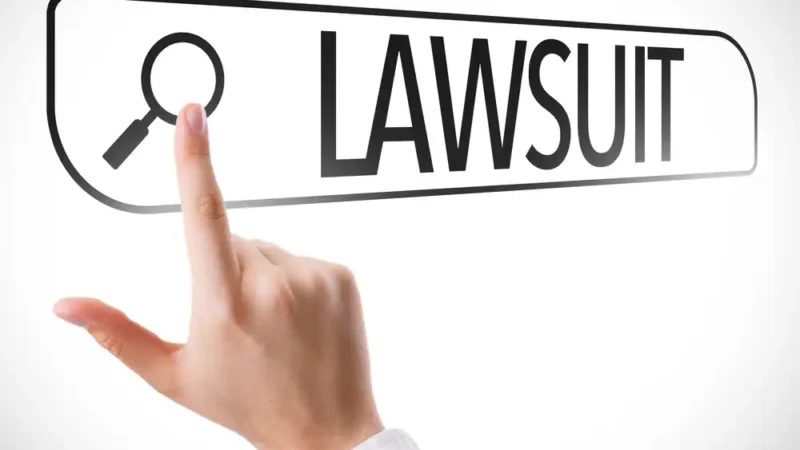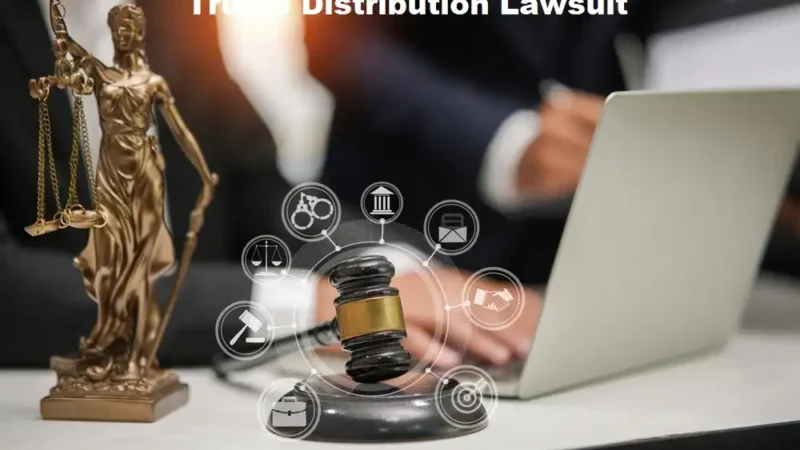C.W. Park USC Lawsuit: Allegations, Implications, and Institutional Accountability

The C.W. Park USC lawsuit has sparked significant discussions within the academic community and beyond. Centered on allegations of sexual harassment, discrimination, and retaliation, the lawsuit not only challenges the reputations of the individuals involved but also calls into question institutional practices at the University of Southern California (USC). This article delves into the details of the lawsuit, the broader implications for academia, and the critical issues surrounding faculty rights, academic freedom, and institutional accountability.
Background of C.W. Park and His Career at USC
Choong Whan Park, commonly known as C.W. Park, was a distinguished professor at the Marshall School of Business at USC. He joined USC in 1997 as an advertising professor and later became the director of the Global Branding Center. Park’s contributions to academia, particularly in the field of marketing, earned him a notable reputation. He retired at the end of the 2021 semester, a move that coincided with the surfacing of serious allegations against him.
The Allegations: Sexual Harassment and Discrimination
The lawsuit, filed by former student assistant Yi Youn Kim, accuses Park of sexual harassment spanning three years. According to the complaint, Park targeted female Korean student assistants, engaging in inappropriate behavior that created a hostile work environment. The allegations describe Park as a “serial sexual predator,” a claim supported by testimonies from other women who came forward during the internal investigation initiated by USC following Kim’s formal complaint.
Retaliation Claims
In addition to the allegations of harassment, Park has accused USC of retaliating against him for speaking out about unfair treatment. Park claims that after he criticized the university’s practices, he faced unwarranted negative performance reviews, denial of research funding, and professional isolation. Ultimately, Park alleges that these actions led to his termination, which he views as a direct consequence of his attempts to expose misconduct and demand transparency.
Institutional Response and Legal Proceedings
USC, named as a defendant in the lawsuit, has denied the allegations of discrimination and misconduct. The university’s internal investigation did uncover additional claims of harassment, but the administration has maintained that their actions were appropriate and justified. As the legal battle unfolds, both sides have presented their arguments and evidence in court, making the lawsuit a focal point for discussions on academic governance, faculty rights, and the responsibilities of educational institutions.
Broader Implications for Academia
The C.W. Park USC lawsuit has significant implications for the academic community. It raises critical questions about how universities handle allegations of misconduct, the processes in place for addressing complaints, and the protection of academic freedom. The case has also highlighted the challenges of maintaining a safe and inclusive environment for all members of the academic community.
Intellectual Property and Academic Freedom: One of the key issues underscored by the lawsuit is the need for clear and comprehensive policies on intellectual property rights. The case has prompted universities to reevaluate their duty to safeguard the intellectual capital of their faculty while ensuring that scholars can pursue their research without fear of misappropriation.
Cultural and Structural Change: The lawsuit has brought to light the broader concerns of sexual harassment and discrimination within academic institutions. It emphasizes the need for cultural change, transparency, and accountability to ensure that universities uphold their values of diversity and inclusion. The revelations from the lawsuit have sparked essential discussions about the divide between institutional rhetoric and actual practices.
Impact on University Policies: The outcome of the lawsuit could set precedents for how academic institutions handle similar cases in the future. It will influence the development and implementation of policies related to faculty conduct, complaint resolution, and the protection of whistleblowers. Ensuring fairness and due process in these areas is crucial for maintaining the integrity of higher education.
Navigating the Legal Landscape
The legal proceedings of the C.W. Park USC lawsuit have been complex and closely watched by the academic community and the public. The courtroom battles have involved rigorous examination of evidence, witness testimonies, and legal arguments from both sides. Key events, such as hearings and motions, have shaped the trajectory of the case, while media coverage and public opinion have added another layer of scrutiny.
USC’s Defense Strategies: USC’s defense has focused on challenging the credibility of the allegations and providing evidence to counter the claims of discrimination and retaliation. The university has argued that any negative actions taken against Park were justified and unrelated to the complaints he raised. This defense strategy aims to protect the institution’s reputation and demonstrate adherence to legal and ethical standards.
Whistleblower Protections: The retaliation claims have underscored the importance of protecting whistleblowers within academic institutions. Retaliation against individuals who expose wrongdoing is not only unethical but also illegal. The case has highlighted the need for robust policies that support faculty and staff in voicing concerns without fear of retribution.
Lessons Learned and Moving Forward
The C.W. Park USC lawsuit is a landmark case with far-reaching consequences for the academic community. It has prompted critical reflections on faculty rights, academic freedom, and institutional accountability. As the legal proceedings continue, the case will likely influence future policies and practices within higher education institutions.
Upholding Standards of Fairness: Ensuring transparency, fairness, and due process in handling allegations of misconduct is essential for maintaining the credibility and integrity of academic institutions. Universities must prioritize clear communication and equitable procedures to address similar issues in the future.
Promoting a Safe and Inclusive Environment: The case has highlighted the need for cultural and structural changes to create a safe and inclusive environment for all members of the academic community. Addressing issues of harassment and discrimination proactively can help foster a culture of respect and collaboration.
Strengthening Policies and Protections: The lawsuit underscores the importance of having clear and comprehensive policies on intellectual property, faculty conduct, and whistleblower protections. These policies are crucial for safeguarding the rights of faculty and ensuring that academic institutions remain vibrant spaces for learning, research, and intellectual exchange.
End words
The ongoing discussions and legal battles surrounding the C.W. Park USC lawsuit serve as a reminder of the complexities and challenges faced by academic institutions. By addressing these issues head-on, universities can better equip themselves to navigate the evolving landscape of higher education and uphold their commitment to excellence, equity, and integrity.






